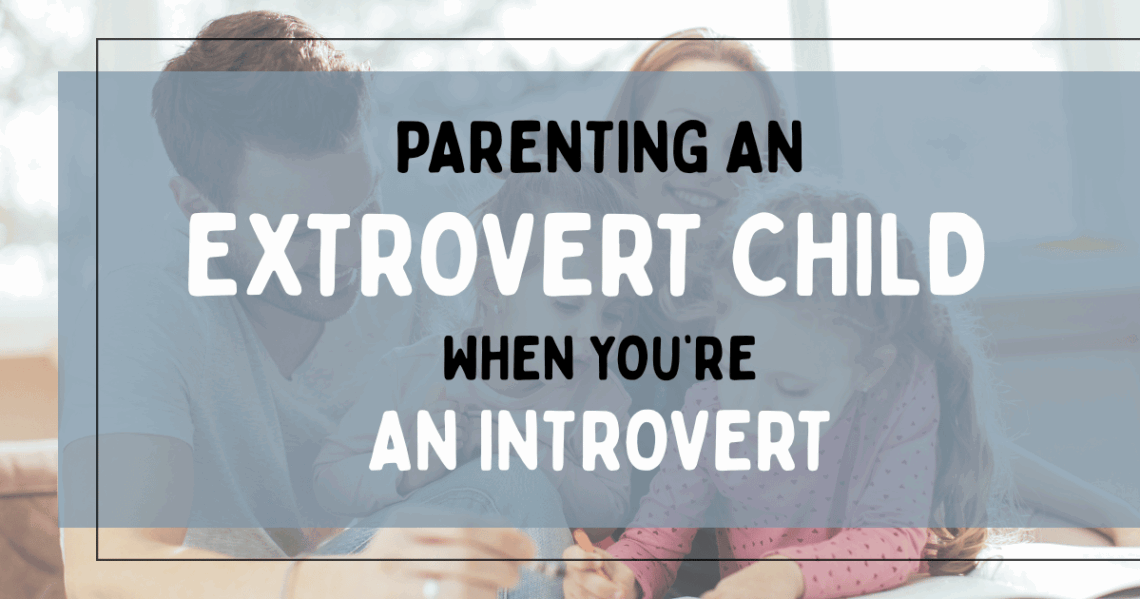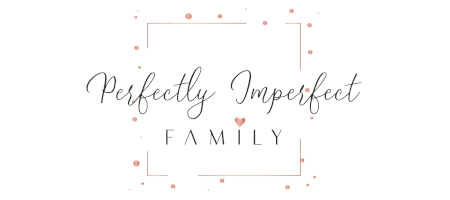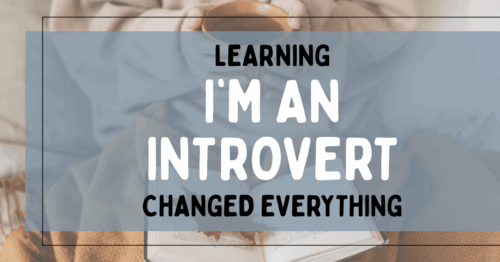
Parenting an Extrovert Child When You’re an Introvert
Parenting is a journey that constantly pushes us out of our comfort zones, but few things test an introverted parent’s limits quite like raising an extroverted child. Imagine a whirlwind of energy, endless chatter, spontaneous play dates, and a craving for constant interaction, right in the heart of your quiet, reflective world. Sound familiar?
If you’re an introvert parenting an extrovert, you’re not alone. The dynamic can feel exhausting, confusing, and sometimes make you feel guilty. But here’s the good news: it can also be a beautiful balance when approached with understanding, intentional boundaries, and mutual respect.
My youngest child is an extrovert and I am an introvert. (I also wrote about learning about myself being an introvert in Learning I’m an Introvert Changed Everything). We have clashing personalities and we have to deal with those differences on a daily basis. It makes me completely exhausted. By the end of the day I am so tired and can barely crawl into bed. She has to have constant social interaction. She loves to have friends over and not just one friend at a time. She loves to have multiple friends over, the entire neighborhood.
Summers are the hardest for us, because she is home all day and wants to be entertained every minute of the day. Which is unrealistic and obviously doesn’t work with my personality at all.
Understanding the Differences
Before diving into how to manage the relationship, it’s essential to understand what introversion and extroversion really mean. Introverts are energized by solitude. They prefer meaningful conversations over small talk and often need time alone to recharge after social interactions. Extroverts, on the other hand, thrive on social engagement. They feel most alive around people, love group activities, and tend to express their thoughts and feelings openly and frequently.
These differences aren’t just personality quirks, they’re rooted in how our brains process the things around us. In my experience, they also show up when parenting. Before I became a parent, I never thought I would have to deal with an energetic extrovert as an introvert myself.
The Everyday Challenges
For introverted parents, daily life with an extroverted child might include nonstop questions and enthusiastic storytelling from the moment they wake up. These children often have a strong desire for social interaction, whether that means inviting friends over, visiting the park, or joining every club or activity available. Their style of play tends to be loud, imaginative, and often messy and making “quiet time” or solo play more of a battle than a break. It can feel like your child is constantly pulling energy from a source you don’t always have access to, and you might worry that you’re not giving them enough or holding them back from being their fullest, most expressive selves. But you’re not. You’re simply parenting from a different energy mode, and that’s okay.
Strategies That Help
The first step in parenting an extrovert as an introvert is to truly honor who they are. Celebrate your child’s social nature, their enthusiasm, and their expressiveness. Even when their energy feels overwhelming, try to recognize these qualities as strengths. This can be difficult but if you recognize their strengths it can make your interactions with them so much more meaningful. Let them know how much you appreciate their friendliness and their ability to bring people together. These affirmations help them feel accepted and supported, it makes them understand that having their energy isn’t a bad thing.
At the same time, it’s important to set boundaries without guilt. Your energy levels matter too. It’s perfectly okay to explain to your child that you need a little quiet time to recharge and that you’ll join them in play afterward. Or let them know they can have friends over, but you’ll need your own space while they play. Boundaries aren’t rejections, they’re simply a way of protecting both of your needs.
Setting boundaries has taken me many years to figure out. My extroverted child has uncapped energy, and she doesn’t understand why I don’t have the same energy level as her. We are constantly working on our boundaries and they have changed over the years. As I write this I realize that I need to explain these boundaries to my child so they understand why I sometimes need a break.
One of the most helpful things you can do is create social outlets for your child outside of yourself. Encourage them to join after school clubs, participate in team sports, or arrange regular play dates with friends. These external sources of engagement allow your child to thrive socially without always depending on your availability and energy.
As an introvert, you probably need time to transition before or after high energy events. Build in buffers where possible. For example, before attending a birthday party, plan for 15 minutes of calm to gather your thoughts. After a busy weekend, give yourself and your child a quiet evening to decompress. These small adjustments can help reduce overwhelm and maintain your emotional balance. Your child may not need this but it is important for them to understand why you do.
It’s also incredibly valuable to teach your child about energy differences in a way they can understand. You might explain that some people feel energized by being around others, while others feel their best after spending time alone. Sharing this helps your child build empathy, and it lays the groundwork for healthy communication, not just with you, but in all of their future relationships.
If have help from extended family or close friends, consider asking them for help during high energy moments. Your extroverted child gets the stimulation they crave, and you get some much needed quiet. Even a short break can recharge your batteries and help you be more present later.
It’s also important to resist the urge to compare yourself to more extroverted parents, the ones who seem to thrive on organizing play dates, hosting parties, or volunteering for every school event. Their energy style may look different, but your strengths are just as valuable. You might be the parent who listens deeply, notices emotional shifts, creates calming environments, and encourages one-on-one connection. These contributions matter just as much in your child’s growth.
Embracing the Balance
Parenting across the introvert extrovert divide isn’t about one personality changing for the other. It’s about learning to appreciate and support each other’s differences. Your extroverted child can help you stretch in new ways, maybe to take more social risks or find unexpected joy in spontaneous interactions. And in return, you can help them discover the beauty of stillness, the depth of introspection, and appreciate the power of quiet moments.
Together, you can create a rhythm that honors both of your needs, a dance between noise and quiet, expression and reflection, movement and rest.
Final Thoughts
You don’t need to become an extrovert to parent one successfully. You just need awareness, intention, and a healthy dose of compassion, for them and for yourself. So, the next time your extroverted child bursts into your peaceful world with a new story, a new game, or a new friend to meet, just take a breath, set your boundaries, and remember: you’re doing great. And you’re growing right alongside them.




